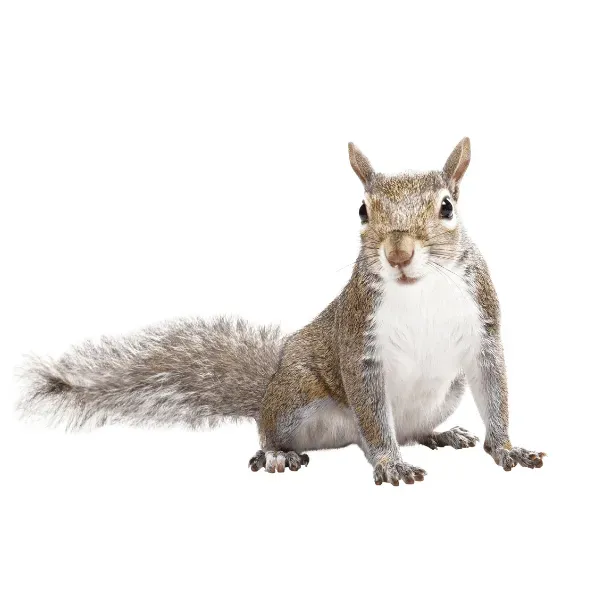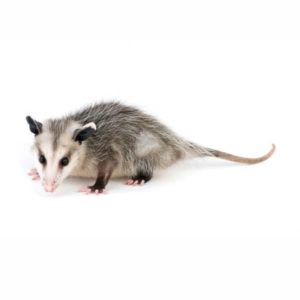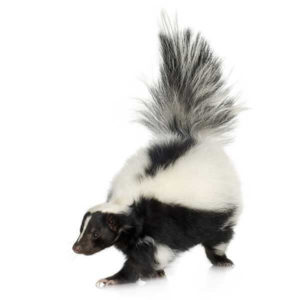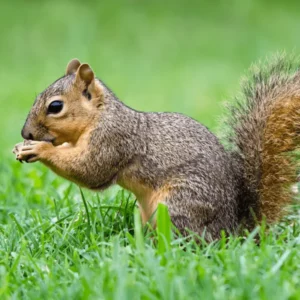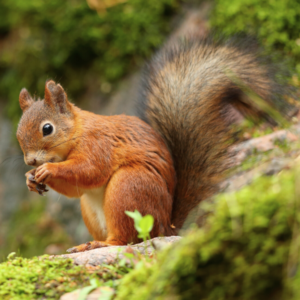Gray Squirrels in North Carolina
Gray squirrels are small to medium-sized rodents with bushy tails that are commonly found outdoors, climbing trees and foraging for food. Also known as tree squirrels, they get their common name from the fact that they are found in wooded and urban areas, nesting in trees to avoid predators. Gray squirrels eat a range of foods consuming roughly one and a half pounds of nuts and seeds a week. They also consume tree bark, tree buds, berries, and some types of fungi found in the forests.
Gray Squirrel Habitat
Squirrels utilize two types of nests: tree cavity dens and leaf nests called dreys. Leaf nests are usually used during summer and are found in the top fork of a tree or in the crotch of a limb. The number of active nests per squirrel is thought to be about three, depending on the density of squirrels in the area. Most squirrels are capable of constructing a nest in one day. If they have access, they will build nests in attics or structures. Once inside, these rodents will gnaw on electrical wiring in walls and attics causing shorts and possibly even fires.
Gray Squirrel Behaviors, Threats, or Dangers
Squirrels do not hibernate and use their nests for resting and shelter, especially during the cold winter months. If you notice a squirrel’s nest on your property, do not attempt to remove it yourself. Squirrels may bite or attack if provoked, especially if their young are present. Squirrels may carry bacterial diseases that can be spread to humans through bites or by coming into contact with their feces. Signs of a gray squirrel infestation include noises in attics, chimneys, walls, or vents. Holes on siding, damaged bird feeders, and chewed wires and insulation are evidence of squirrel nests in the attic. If you are having an issue with gray squirrels, it is best to consult a professional wildlife control company for removal.

